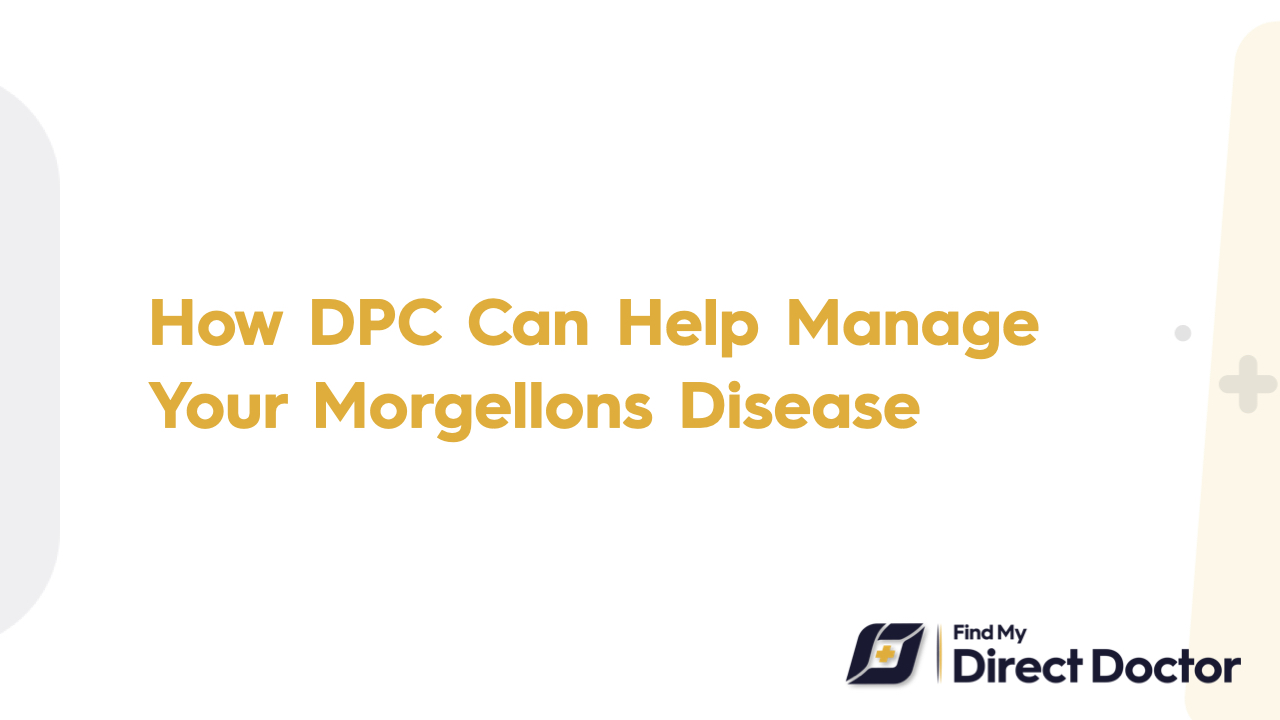



Skin-related symptoms, such as the feeling of something crawling or biting beneath the skin and the appearance of fiber-like threads coming out of lesions, are hallmarks of Morgellons disease, a complicated and poorly understood ailment. Although the precise etiology of Morgellons is still unknown, it is frequently linked to severe mental and physical discomfort. Although there is currently no consensus regarding its genesis, some experts speculate that it may be related to infections, immune system failure, or psychological problems.

Morgellons illness is characterized by visible skin lesions that could develop if treatment is not received, as well as ongoing burning, itching, or stinging sensations. Unusual threads or granules on the skin or within it are frequently described by patients, which exacerbates their frustration and anxiety. Other symptoms like weariness, joint discomfort, trouble concentrating, and mood swings are often present together with the illness, which can significantly affect quality of life and make effective management difficult.
By emphasizing individualized, consistent care, Direct Primary Care (DPC) provides a patient-centered approach to controlling Morgellons illness. Because people with Morgellons frequently encounter skepticism regarding their ailment in conventional medical settings, DPC clinicians take the time to listen to patients' concerns and affirm their experiences. Patients feel more empowered and understood during their medical journey in this encouraging setting.
By creating a thorough treatment plan, DPC doctors can treat the mental and physical components of Morgellons illness. This could involve managing irritation and discomfort, preventing infection from wounds, and, if necessary, referring patients to dermatologists or mental health specialists. DPC guarantees that patients receive ongoing support by upholding open communication and providing frequent follow-ups, which promotes trust and teamwork in their care.
The advantages of Direct Primary Care for individuals with Morgellons illness include its accessibility, continuity of care, and all-encompassing approach. By removing obstacles like lengthy wait periods and a lack of available appointments, DPC enables patients to get help as soon as their symptoms worsen. This is especially crucial when treating a disorder like Morgellons, whose symptoms can be erratic and necessitate prompt care.
DPC promotes a solid patient-provider relationship, which is crucial for managing complicated and chronic illnesses, in addition to being easily accessible. The physician can better grasp the patient's particular needs thanks to this individualized connection, guaranteeing that the patient's bodily and mental well-being are taken care of. DPC's holistic approach enables customized interventions that take into account the patient's general health, resulting in a comprehensive plan for enhancing their quality of life.
Within a DPC framework, personalized management of Morgellons disease focuses on creating a customized care plan that adjusts to the patient's unique symptoms, obstacles, and objectives. In order to develop a comprehensive treatment plan, providers take the time to evaluate all facets of the illness, including social, psychological, and physical symptoms.
Patients should anticipate ongoing monitoring and necessary modifications to their care plan in a DPC setting. To guarantee thorough care, providers may collaborate with specialists like infectious disease specialists or dermatologists. To address related symptoms like weariness or mood swings, they can also suggest alterations in lifestyle, stress-reduction strategies, or therapy therapies. Patients are guaranteed to receive the care and tools necessary to successfully treat Morgellons disease and improve their general well-being thanks to this individualized approach.
Previous Post